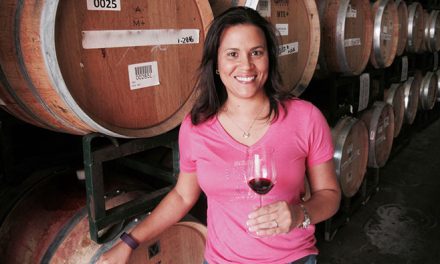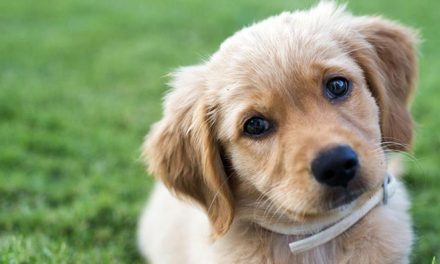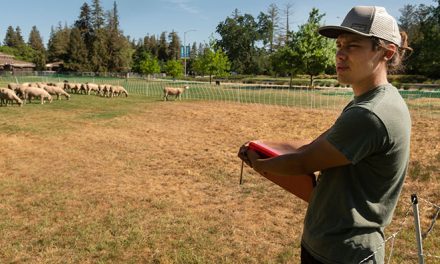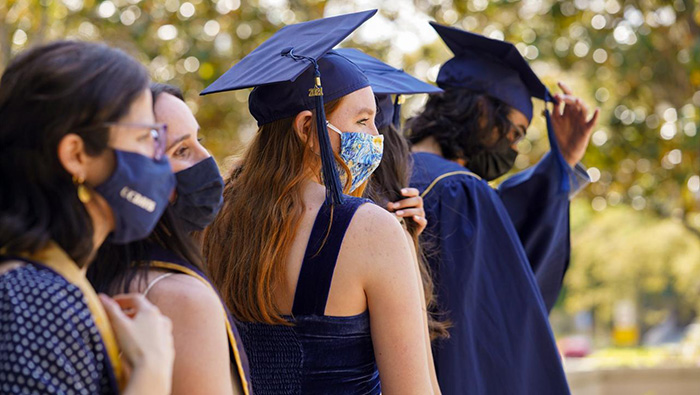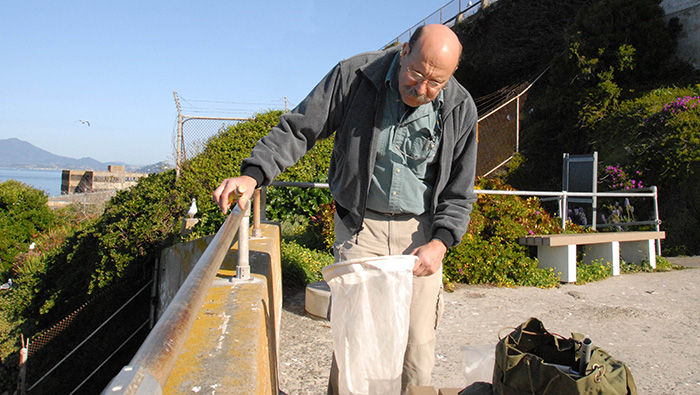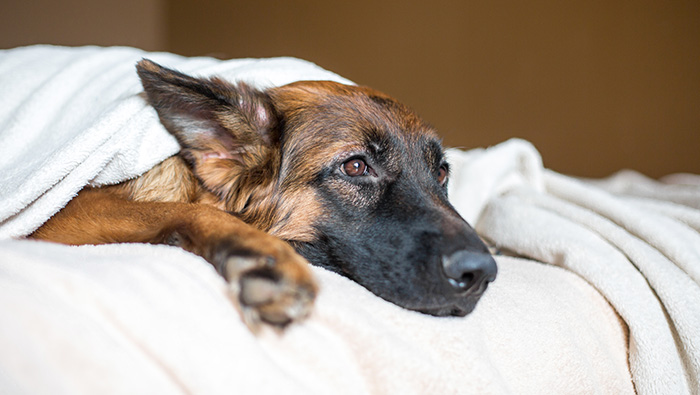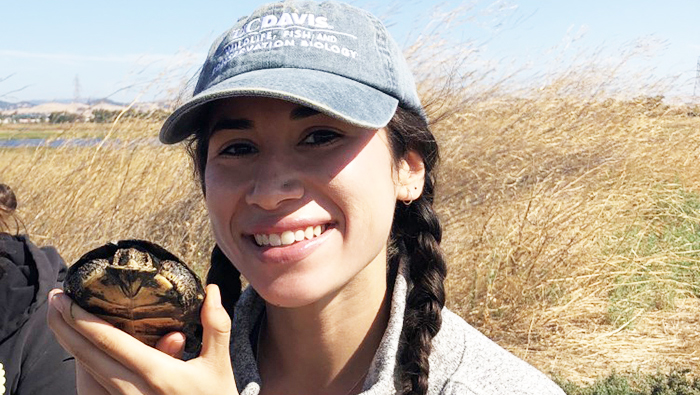
Scale Hunter
On yet another wet hot day in the Savannah River, the fearless Laura Kojima ’19 and her colleagues capture a hefty alligator for the second time. By now, he has a nickname: Jabba. Last time, they roped Jabba’s solid, shingled neck, pulled him to shore, measured his body, and took blood samples. This time, the behemoth seems to know the dance, acquiescing as they guide him to shore to take photographs. Kojima, who is pursuing a master’s degree at the Odum School of Ecology at the University of Georgia, said Jabba can help her analyze the prevalence of toxins from a nearby former nuclear reactor, and how the contaminants impact the way alligators move and behave in these waters.
Field research like Kojima’s helps ecotoxicologists measure tolerance and resistance that some wildlife develop to the toxins humans introduce into the environment. Aquatic wildlife has proven itself a champ at surviving toxicity, but Kojima’s most pressing questions are about how the toxins move up the food chain and impact the apex predator’s movement — both these things can have lasting reverberations on the surrounding ecosystems.
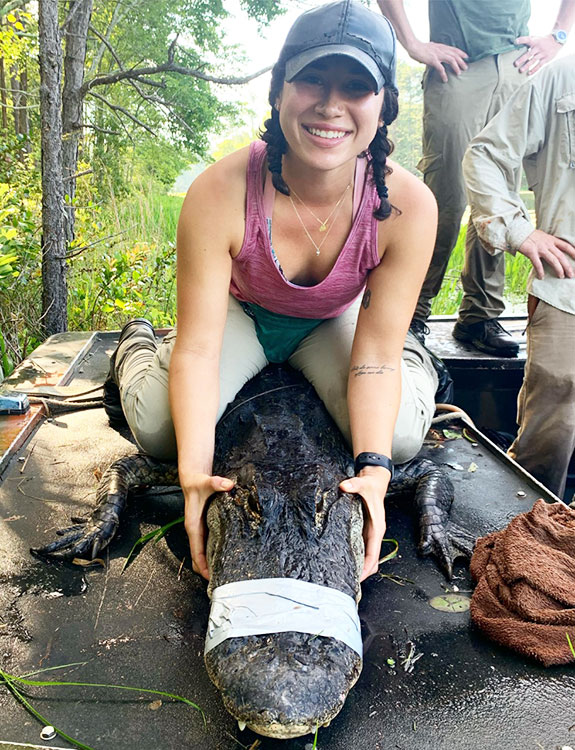
Laura Kojima sits on top of an alligator (Courtesy of Laura Kojima)
Kojima sort of slithered into ecotoxicology, finding her direction as a pre-veterinary undergraduate student at UC Davis. Originally, she assumed working directly with animals was restricted to a clinical setting. “I really enjoyed working with all animals, but I wanted to be an exotic veterinarian,” she said. “And I thought research was limited to being in a lab.”
Kojima did a summer internship at a veterinary hospital in San Diego, which helped clarify what species she was most passionate about. “I enjoyed the dogs and cats, but when the turtles, snakes, and lizards came in, I was on cloud nine,” she said.
Then, she landed a second internship on a research project. “It was the most exciting thing for me getting to handle wild turtles,” she said. After that, she changed her major to wildlife, fish and conservation biology with an emphasis on wildlife conservation.
After graduating from UC Davis, Kojima dove into researching giant garter snakes in the irrigation systems of California’s rice farms. In working with landowners and farm workers, she met many people who shared similar cultural ties to Mexico as her own. When they would enthusiastically ask Kojima questions in Spanish about her work, she got to see her worlds collide. The project, she said, showed her the value of sharing scientific research with non-experts.
Now, at 25, Kojima said she values communicating her research in engaging ways. While other scientists might focus on communicating findings to their peers, Kojima’s Instagram overflows with images of an eager and accessible youngster cradling tree frogs, kingsnakes, and anything in between in her neatly manicured hands.
After she finishes her master’s, Kojima said she would like to come back to California to pursue a Ph.D., adding that a priority for her is bringing more diversity to her field. “I’ve never had a mentor who is Mexican American,” she said. Kojima added that she realizes academia offers a rigorous career path and said she’d like to find a good fit where she could do the kind of research she wants, while also being able to influence students who, ideally, would come from similar backgrounds to her own. Her passion for encouraging others to foster an appreciation for our slithery, wriggly compatriots — and science as a whole — is putting the rookie reptilian expert well on her way to becoming, as she said, “The face I didn’t see growing up.”

